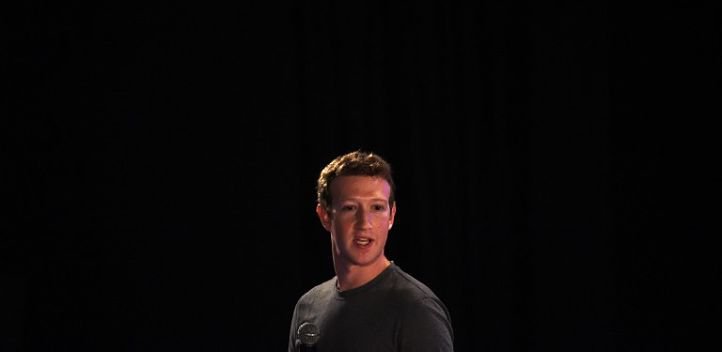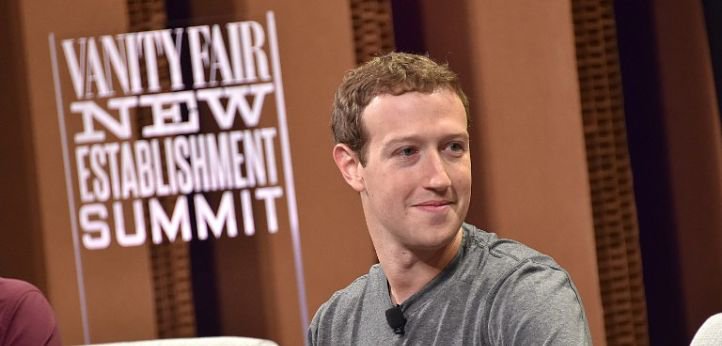According to Facebook, Free Basics is “at risk of being banned” in India. For those who have come in late, Free Basics is a controversial initiative that is aimed at widening online access in the developing world. It offers people without the Internet, free access to a handful of websites through mobile phones.
Critics, however, are warning that it isn’t as free as it is being made out to be. Net neutrality activists say it violates the principle that the whole Internet should be available to all, unrestricted by any one company. The movement has gathered momentum and recently, Telecom Regulatory Authority of India ordered Reliance Communications, the sole mobile operator for the service, to suspend it temporarily without giving a reason.
Here are ten things Facebook won’t tell you about Free Basics:
1. There are other successful models (this, this, this) for providing free Internet access to people, without giving a competitive advantage to Facebook. Free Basics is the worst of our options.
2. Facebook doesn’t pay for Free Basics, telecom operators do. Where do they make money from? From users who pay. By encouraging people to choose Free Basics, Facebook reduces the propensity to bring down data costs for paid Internet access.

3. Free Basics isn’t about bringing people online. It’s about keeping Facebook and its partners free, while everything else remains paid. Users who pay for Internet access can still access Free Basics for free, giving Facebook and its partners an advantage. Free Basics is a violation of Net Neutrality
4. Internet access is growing rapidly in India. We’ve added 100 million users in 2015. Almost all the connections added in India the last 1 year are NOT because of Free Basics.
5. Free Basics is not an open platform. Facebook defines the technical guidelines for Free Basics, and reserves the right to change them. They reserve the right to reject applicants, who are forced to comply with Facebook’s terms. In contrast they support ‘permissionless innovation’ in the US.
6. The only source of info on Facebook’s Free Basics is Facebook, and it misleads people. Facebook was criticised in Brazil for misleading advertising. (source) Their communication in India is misleading. People find the “Free” part of Free Basics advertising from Facebook (or FreeNet free Internet) from Reliance misleading. (source)

7. Facebook gets access to all the usage data and usage patterns of all the sites on Free Basics. No website which wants to compete with Facebook will partner with them because it will have to give them user data. Facebook gives data to the NSA (source) and this is a security issue for India.
8. Research has shown that people prefer to use the open web for a shorter duration over a limited set of sites for a longer duration. (source)
9. Facebook says that Free Basics doesn’t have ads, but does not say that it will never have ads on Free Basics.
10. Facebook has shown people as saying that they support Free Basics when they haven’t. They may claim 3.2 million in support, but how many of those mails are legitimate?
Courtesy: Savetheinternet.in

















